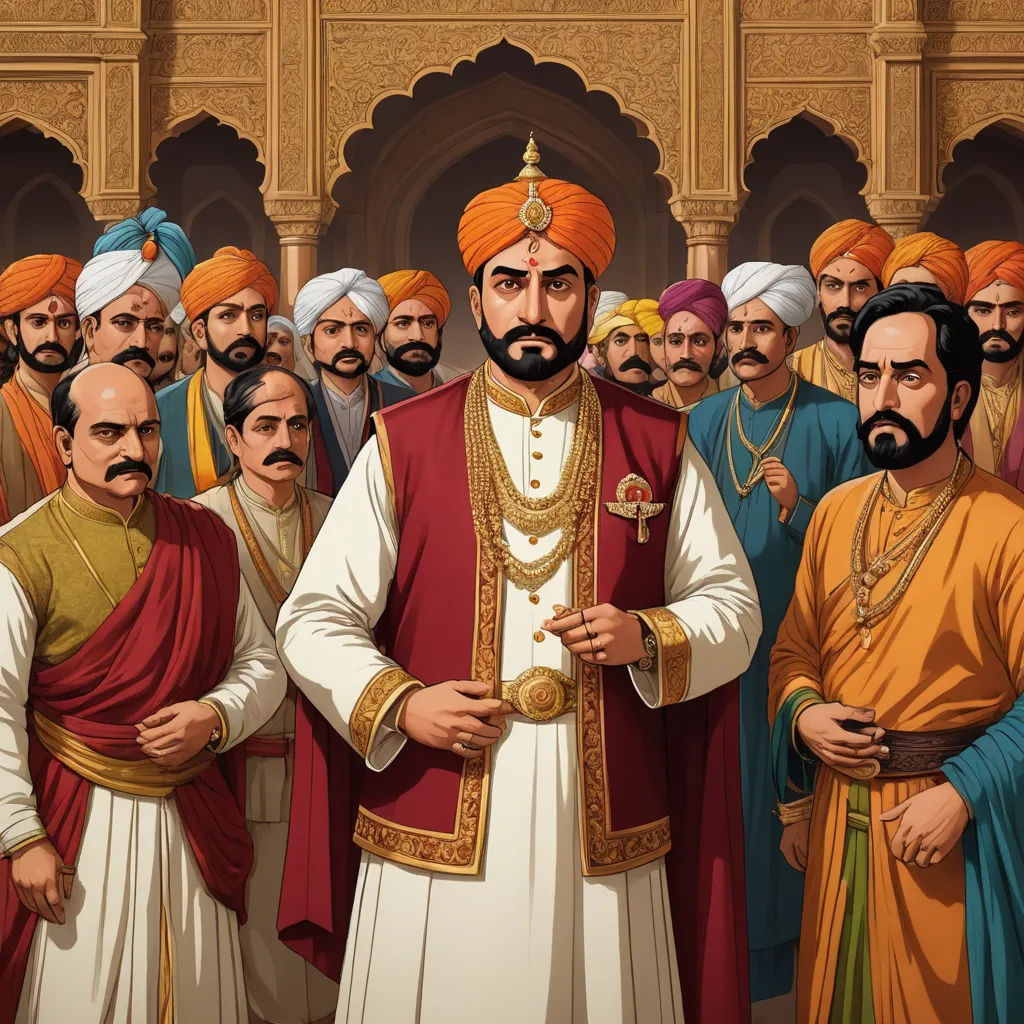
The Test of Wisdom
By Ayush

20 Feb, 2024
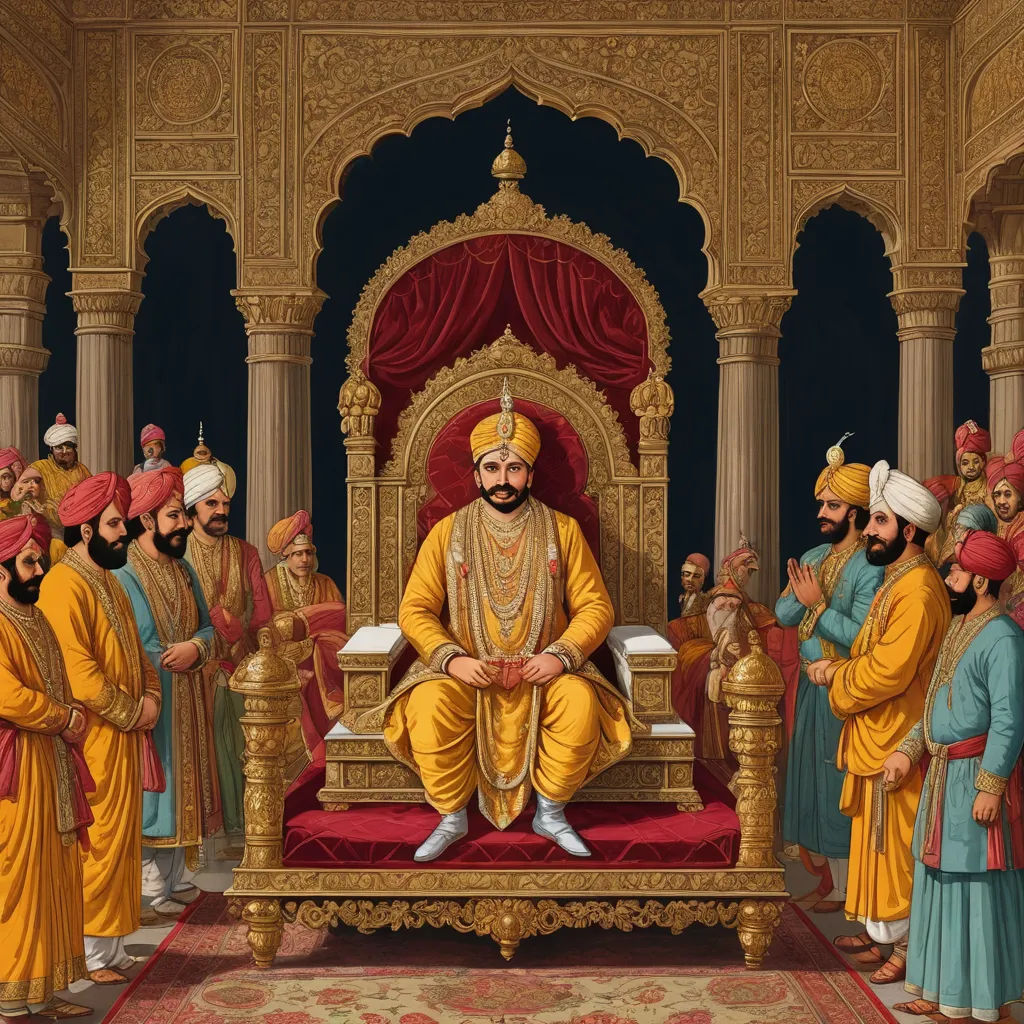
Once upon a time, the great Emperor Akbar was seated in his grand court, listening to the petitions of his subjects. But something was different that day. His right-hand man, the clever Birbal, was not present.
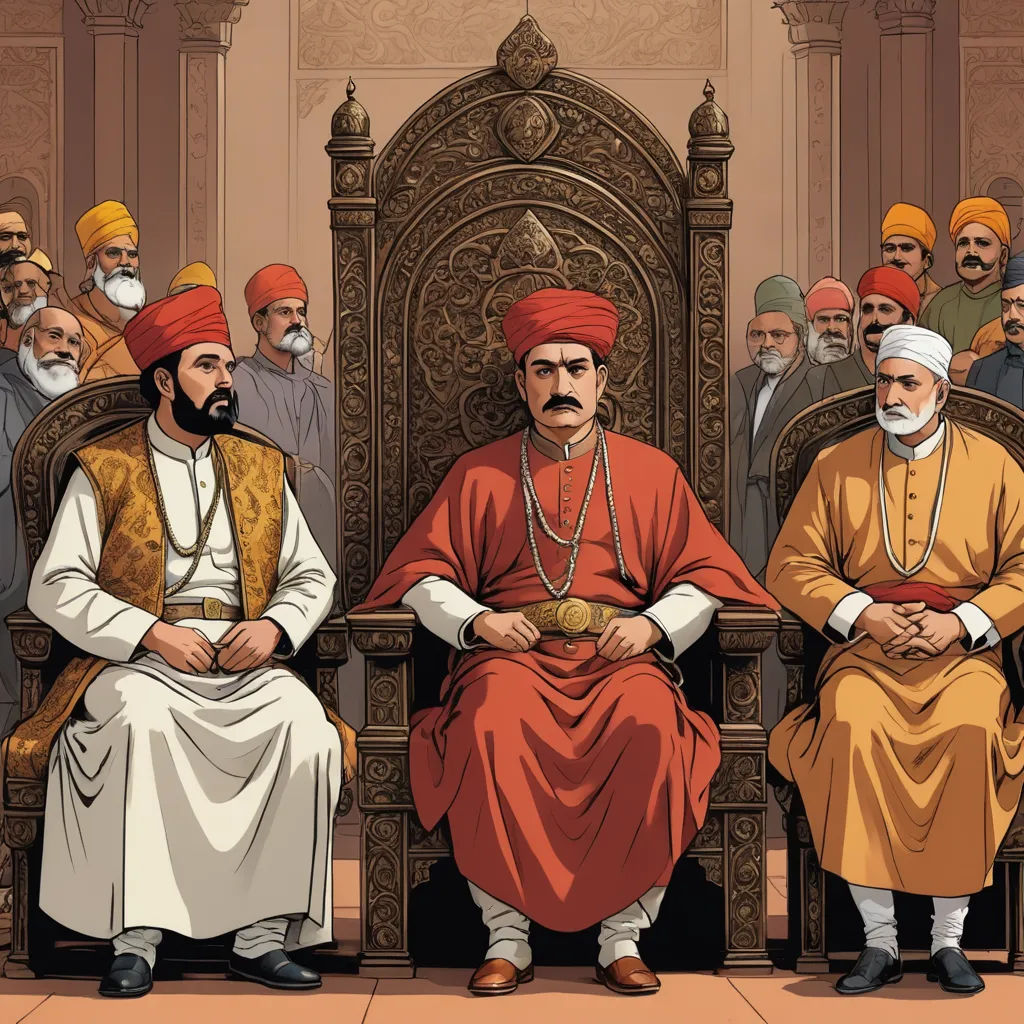
Taking advantage of Birbal's absence, some of the other ministers in the court began to whisper among themselves. They felt neglected by Akbar, who seemed to favor Birbal over them.
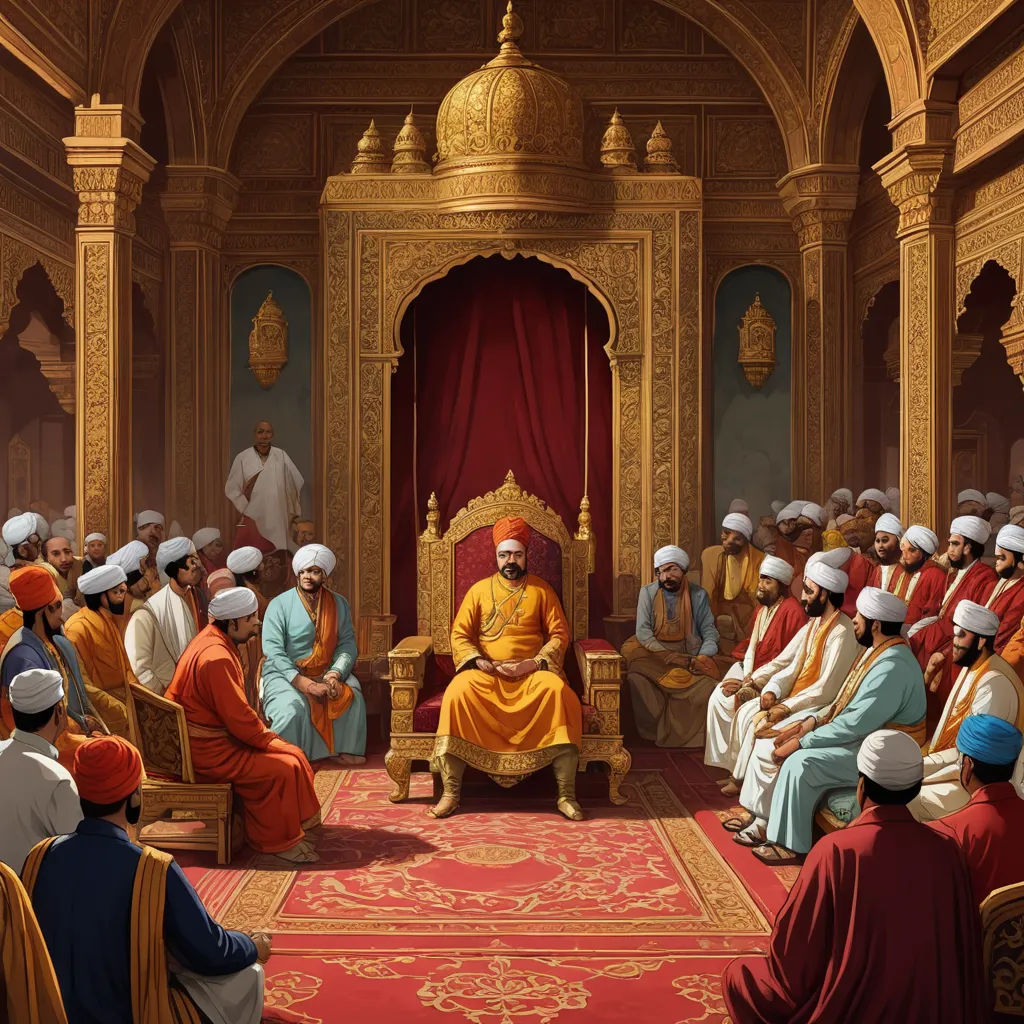
One minister, more outspoken than the others, voiced his concerns to the Emperor. "Majesty," he said, "why do you always give Birbal the most important tasks and seek his advice in all matters? Don't you trust us?"
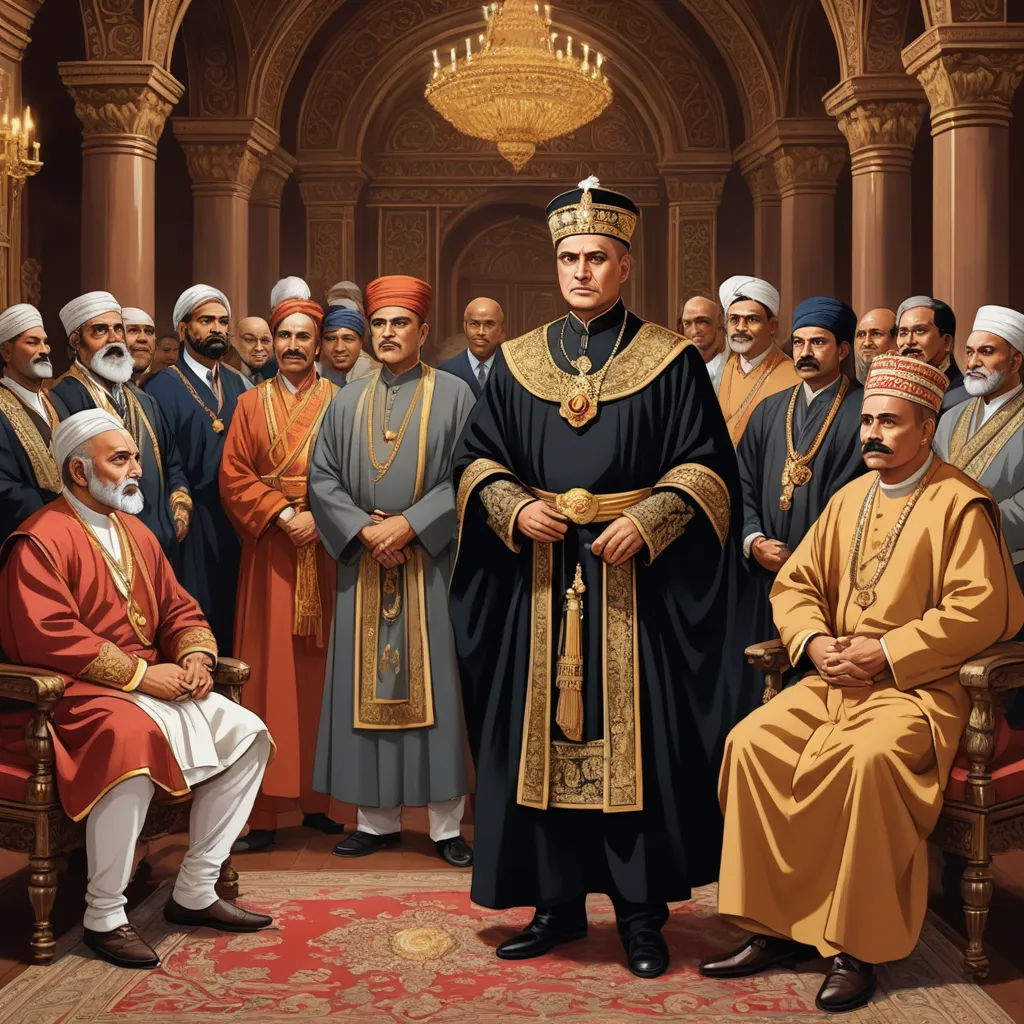
Akbar listened to the minister's complaint patiently. He understood their feelings of neglect but also valued Birbal's wisdom. He decided to set a test for his ministers to prove their competence.
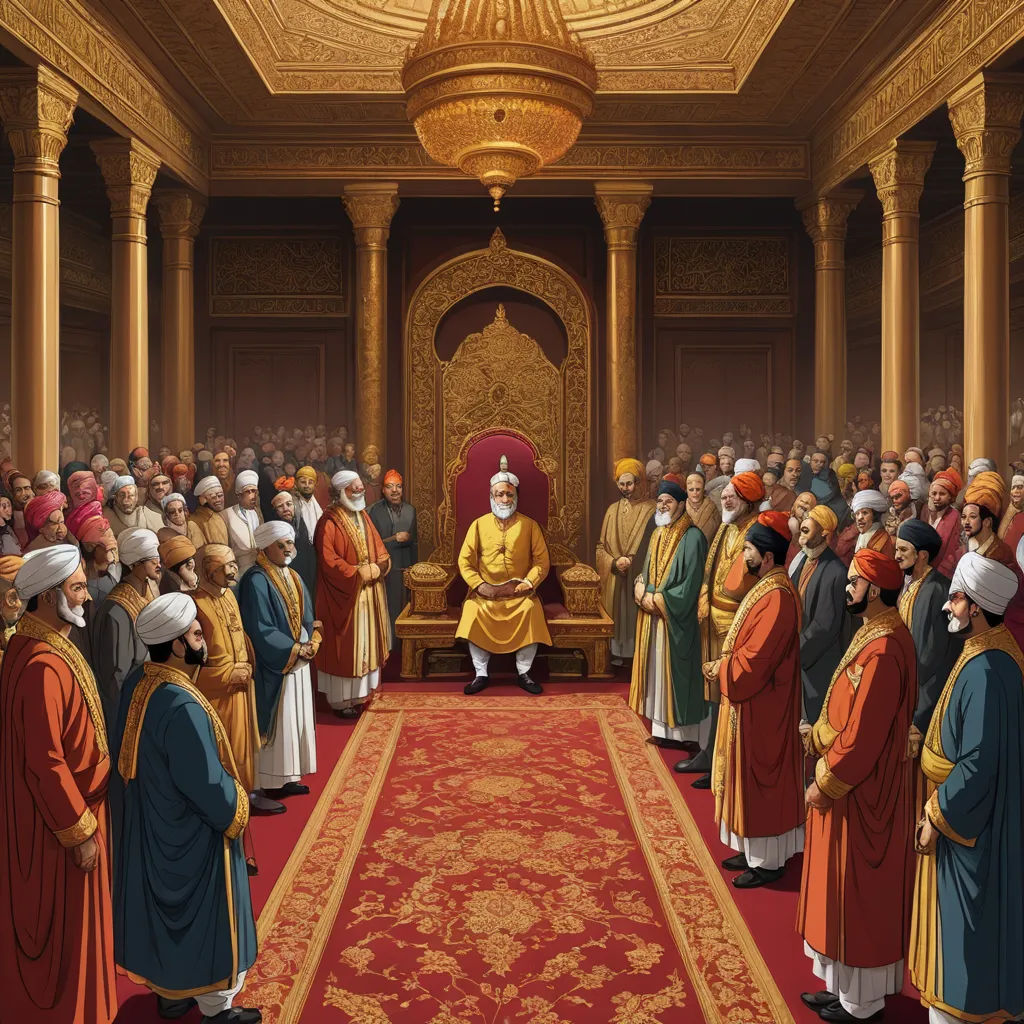
"Very well," Akbar said, "I will give you an opportunity to prove your wisdom. I will ask you a question. The one who gives the most satisfactory answer will be given the same responsibilities as Birbal."
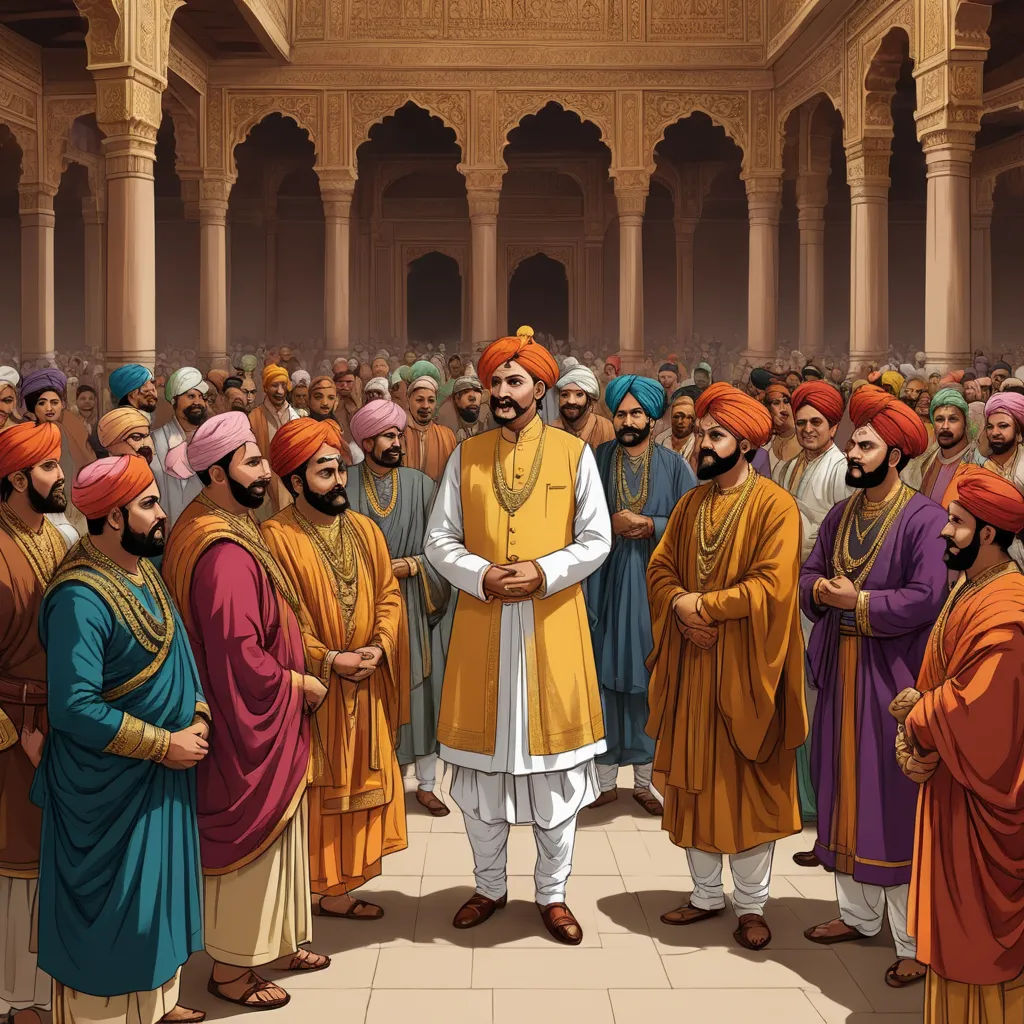
The ministers were pleased with this opportunity. They eagerly waited for Akbar's question, confident in their knowledge and wisdom. They believed that they were no less than Birbal.
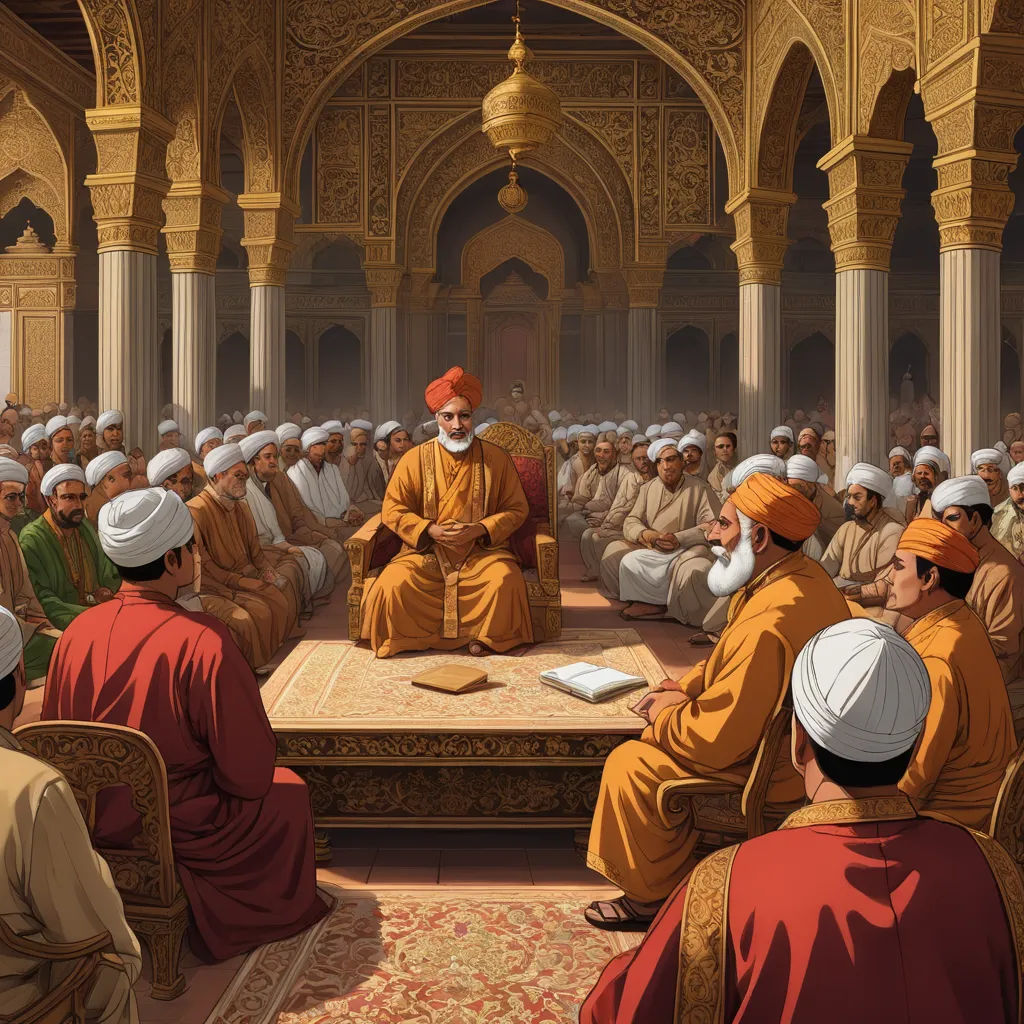
"Tell me," Akbar began, "What is that which runs without legs, murmurs without a mouth, and grows without being alive?" The court fell silent as the ministers pondered over the riddle.
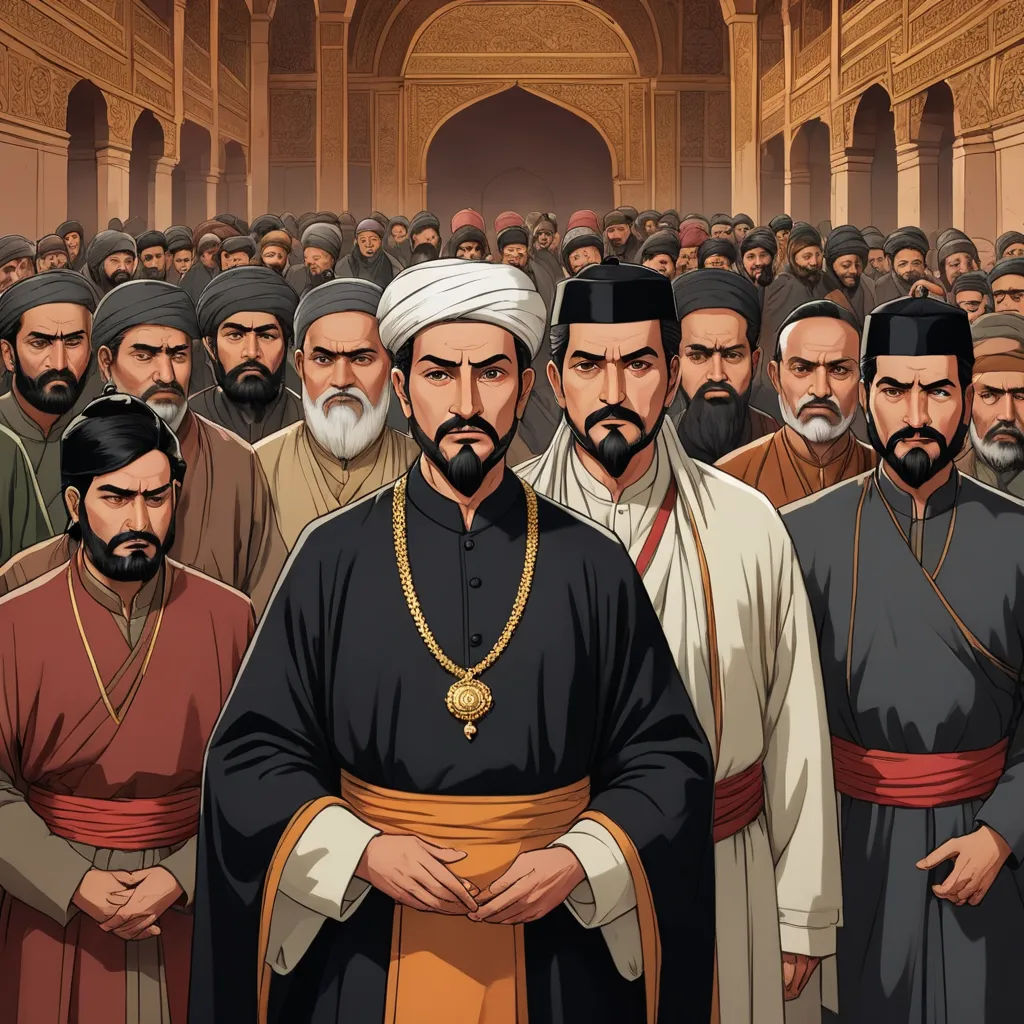
The ministers thought and thought, but none could find an answer. They looked at each other, hoping someone else would know. But the court remained silent, the question hanging in the air.
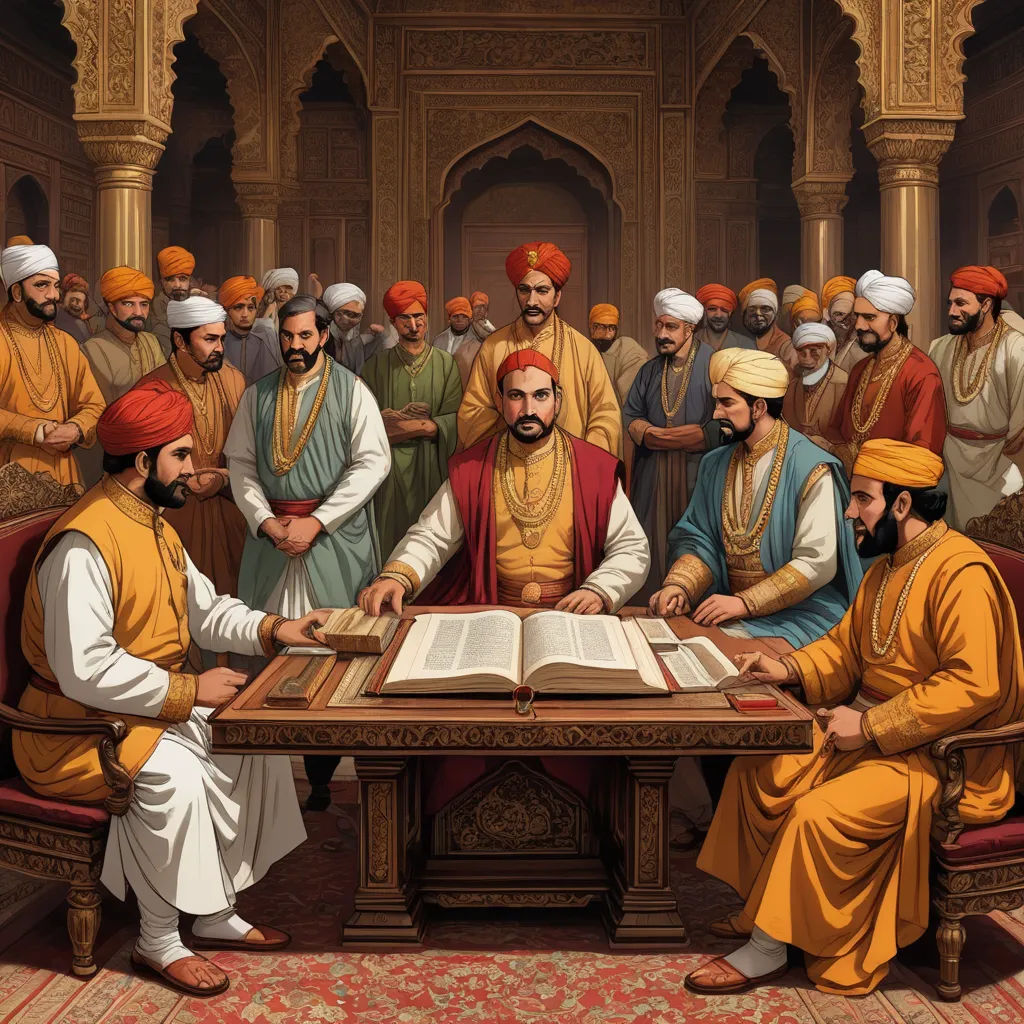
Days passed, but none of the ministers could answer Akbar's question. They searched through books and consulted with scholars, but the answer eluded them. The Emperor's question remained unanswered.
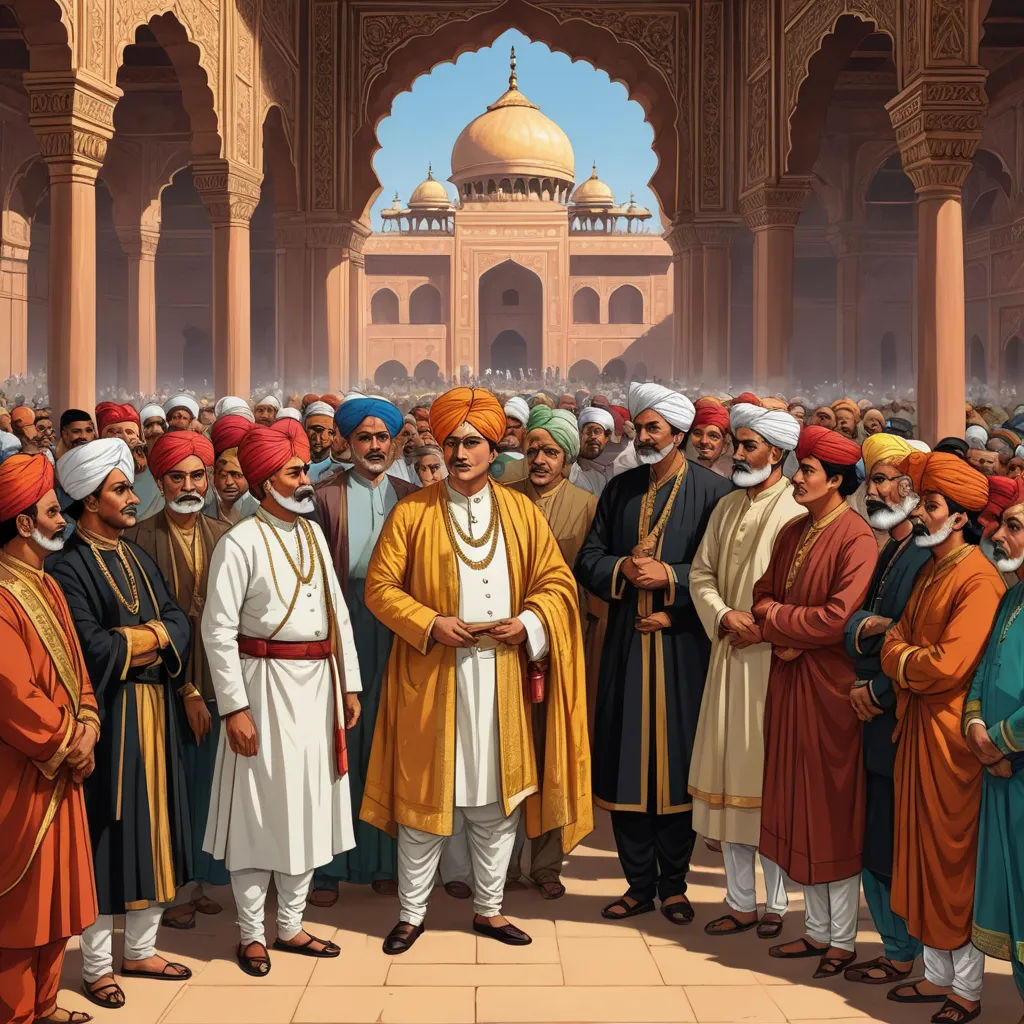
One day, Birbal returned to the court. He was surprised to find the ministers in such a state of confusion and asked them the reason. They told him about Akbar's question and their failure to answer it.
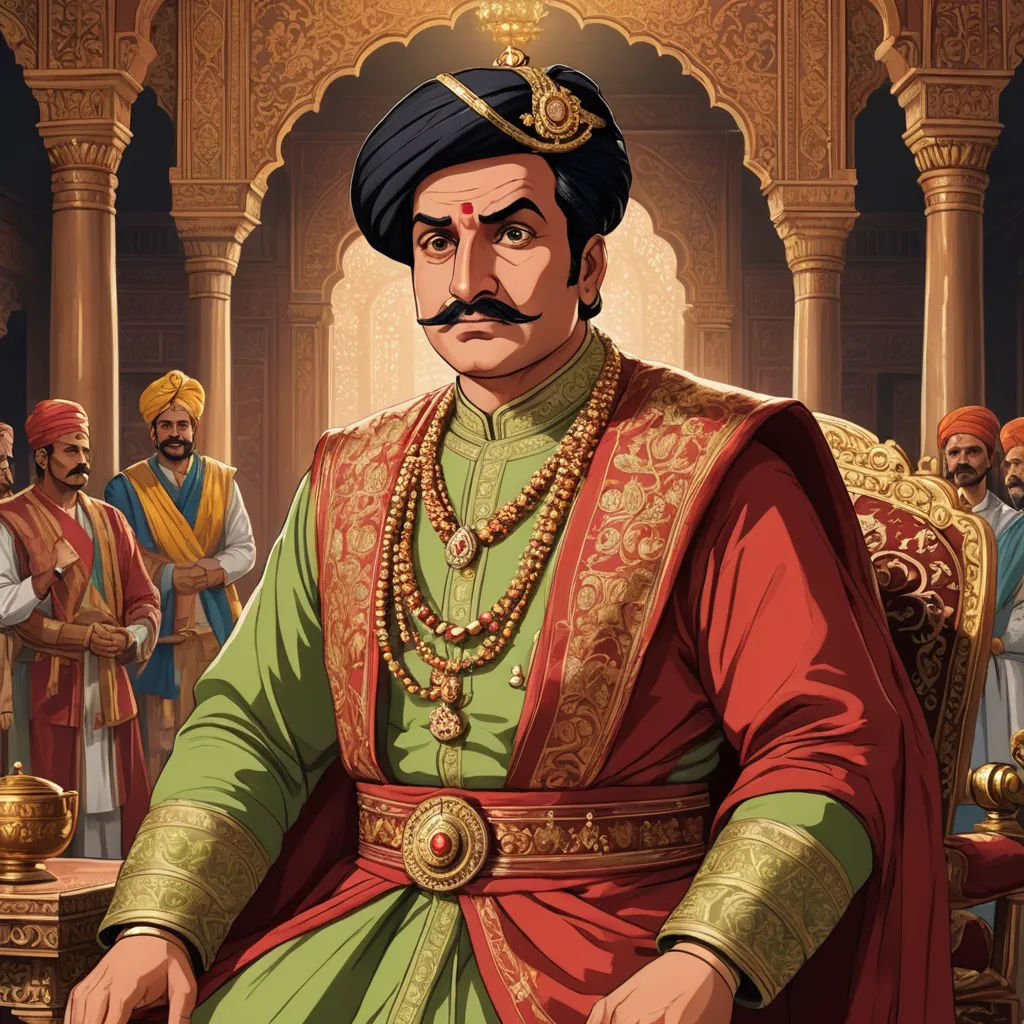
Birbal listened carefully and then smiled. He went to Akbar and said, "Your Majesty, the answer to your question is 'a river'. It runs without legs, murmurs without a mouth, and grows without being alive."
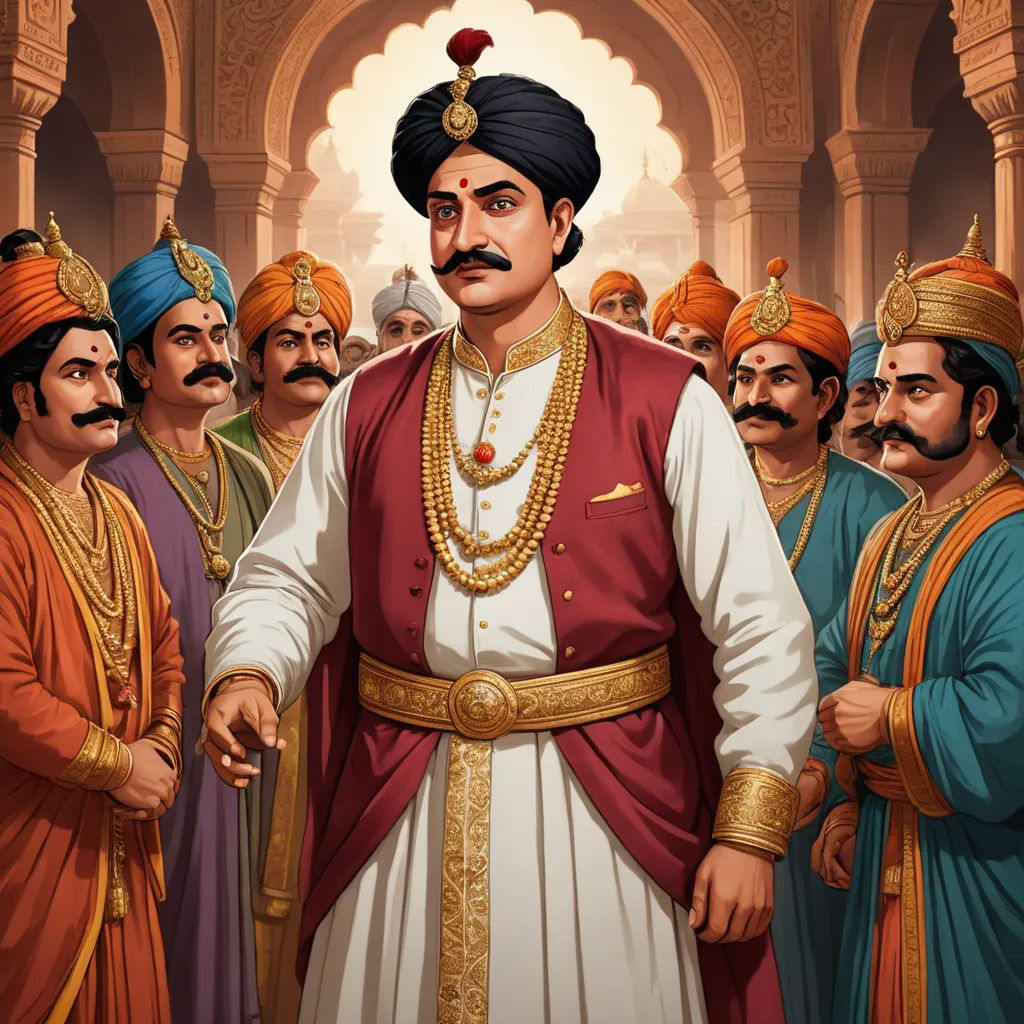
Akbar was pleased with Birbal's answer. He turned to the ministers and said, "Now you see why I value Birbal's wisdom. He doesn't just know the answers; he understands the essence of the questions."
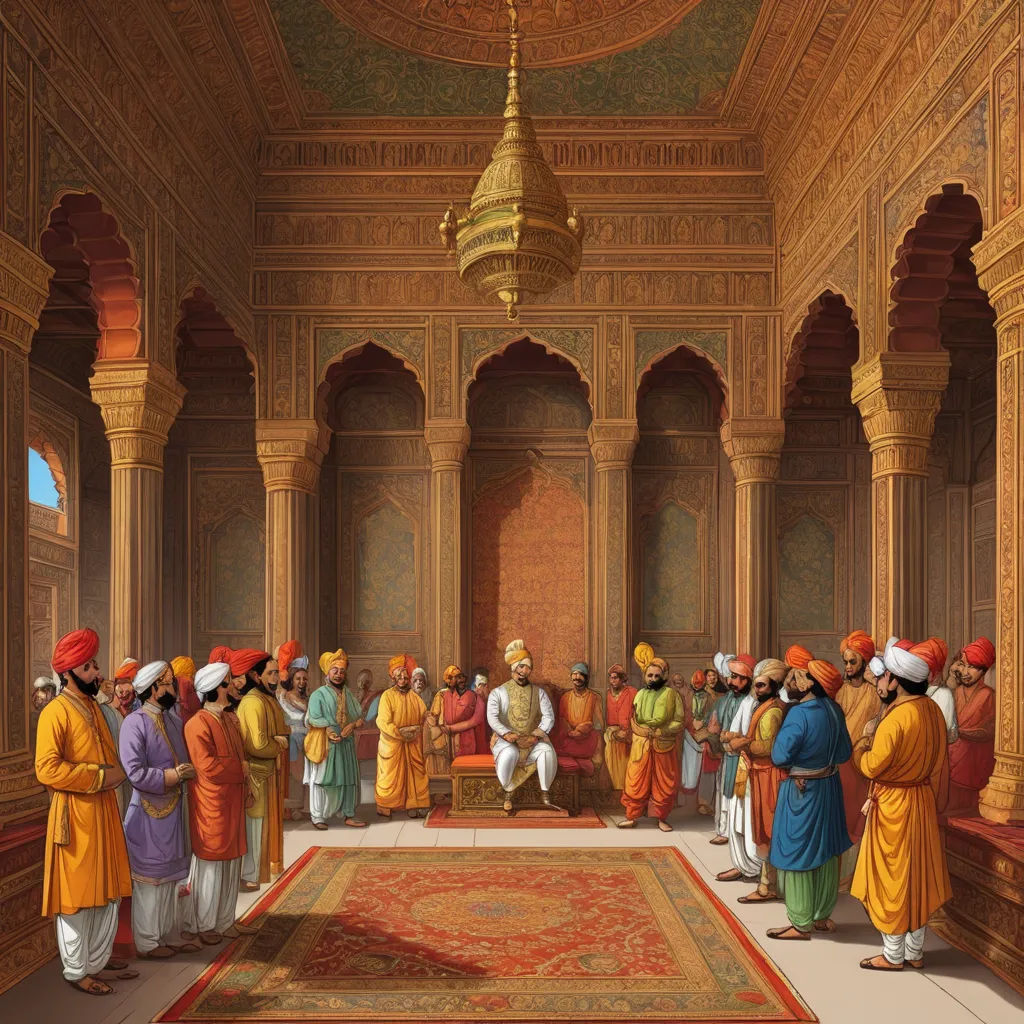
The ministers felt embarrassed. They realized that wisdom was not just about knowledge but also about understanding and insight. They understood why Akbar relied so much on Birbal.
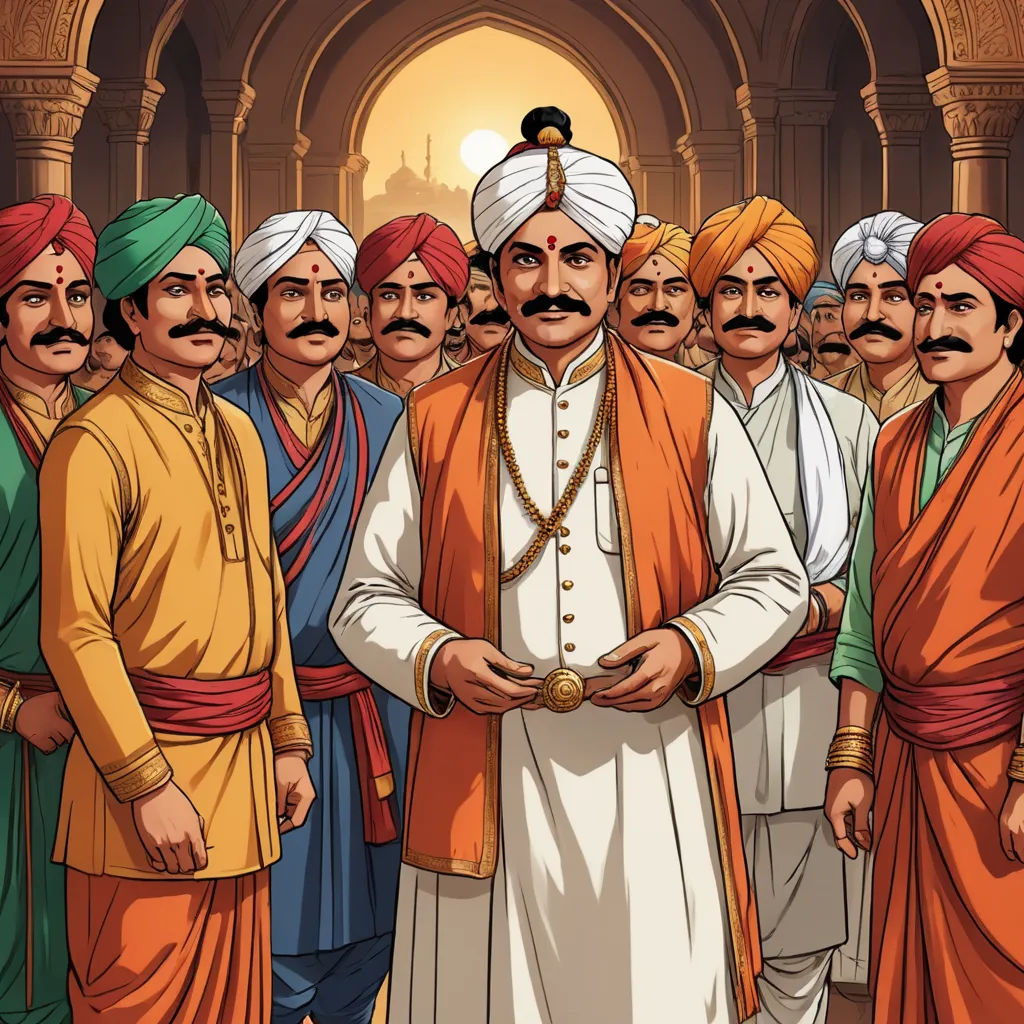
From that day on, the ministers stopped complaining. They accepted Birbal's wisdom and started seeking his advice. They understood that every person has their own unique strengths and weaknesses.
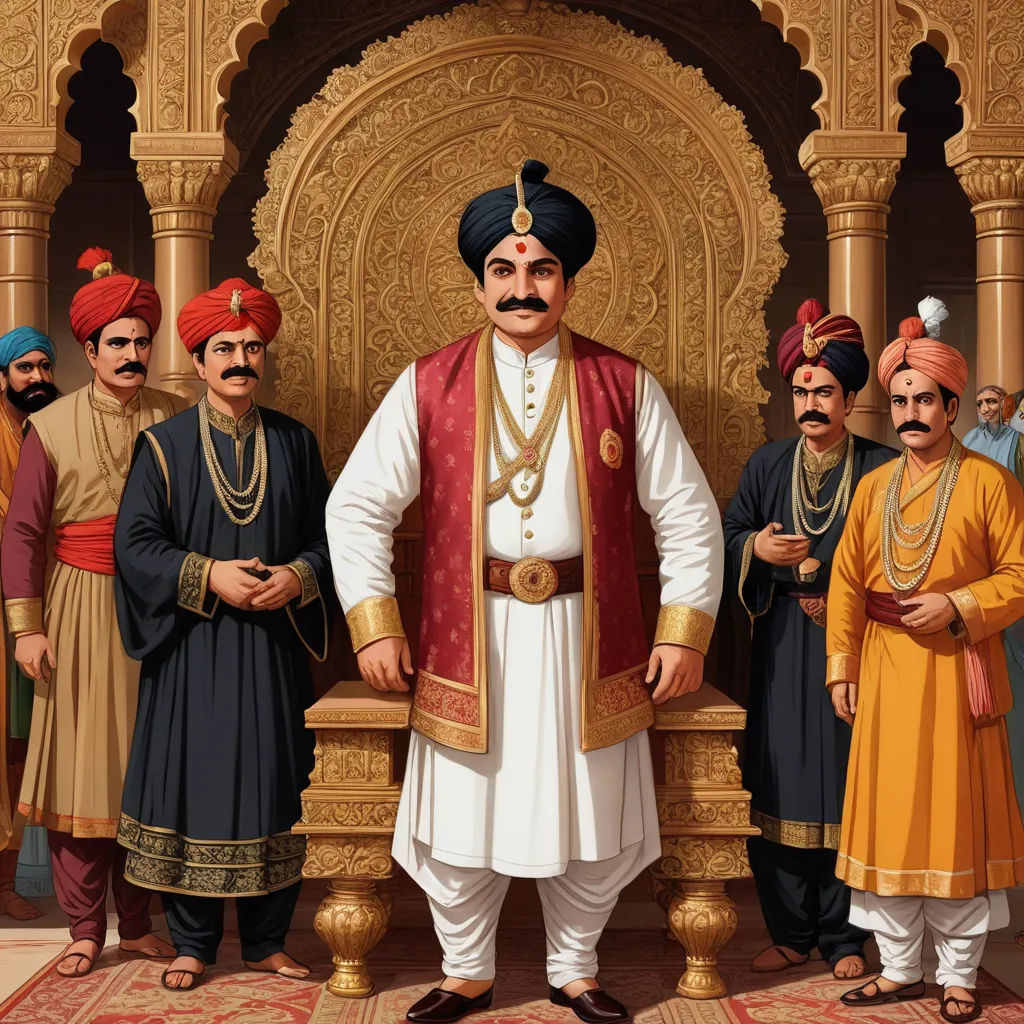
Akbar was happy to see this change in his ministers. He knew that a united court was crucial for the well-being of his kingdom. And so, harmony was restored in Akbar's court.
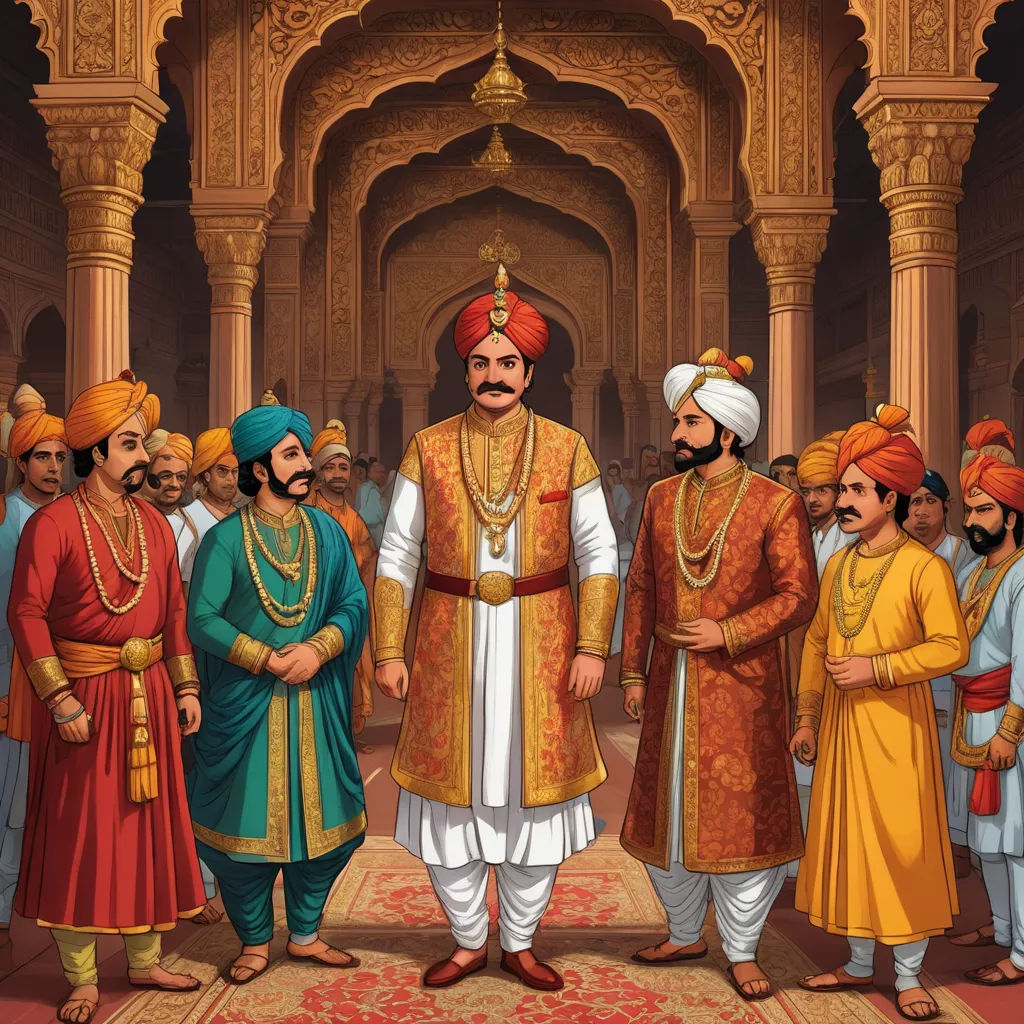
As for Birbal, he continued to serve Akbar with his wisdom and wit. His clever solutions and quick thinking not only solved problems but also provided valuable lessons, earning him respect from all.
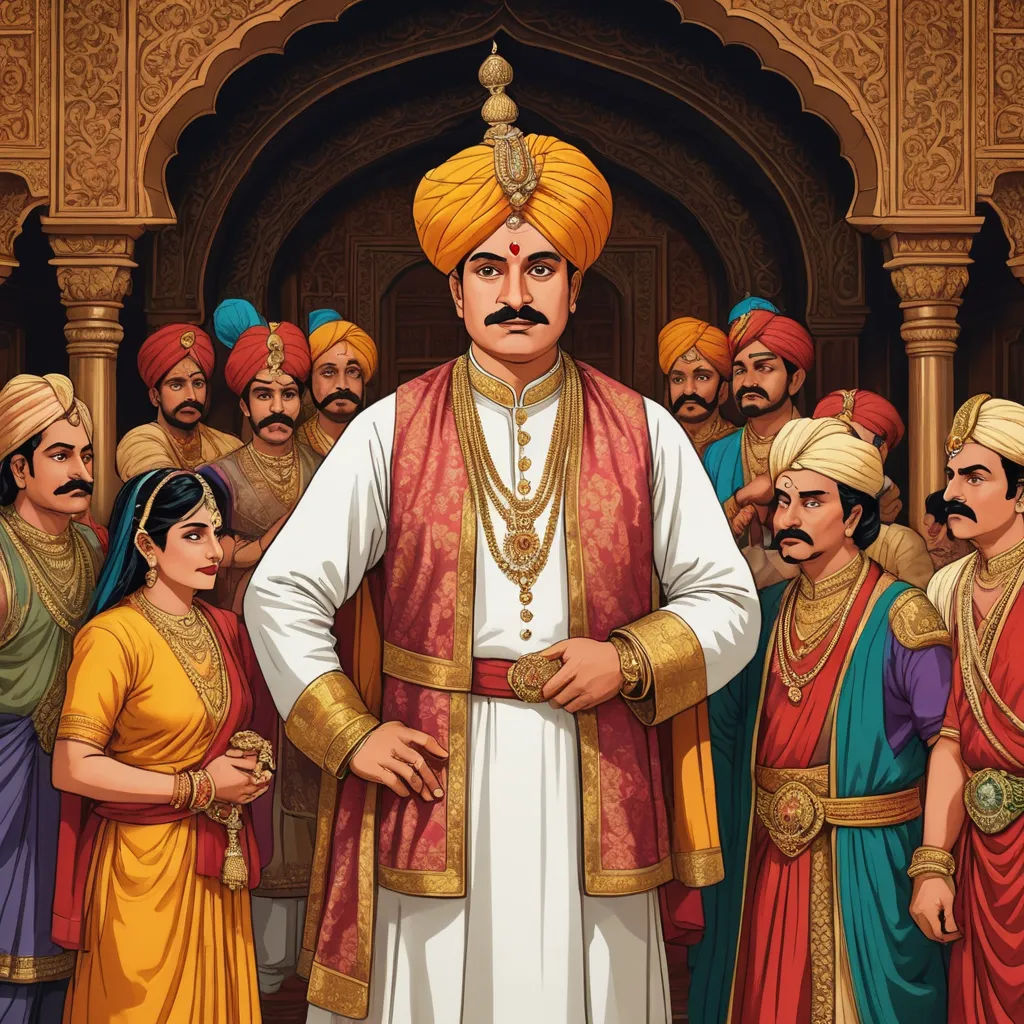
This tale became a legend in the kingdom, a testament to Birbal's wisdom. It served as a reminder that wisdom is not just about knowledge but about understanding and applying that knowledge effectively.
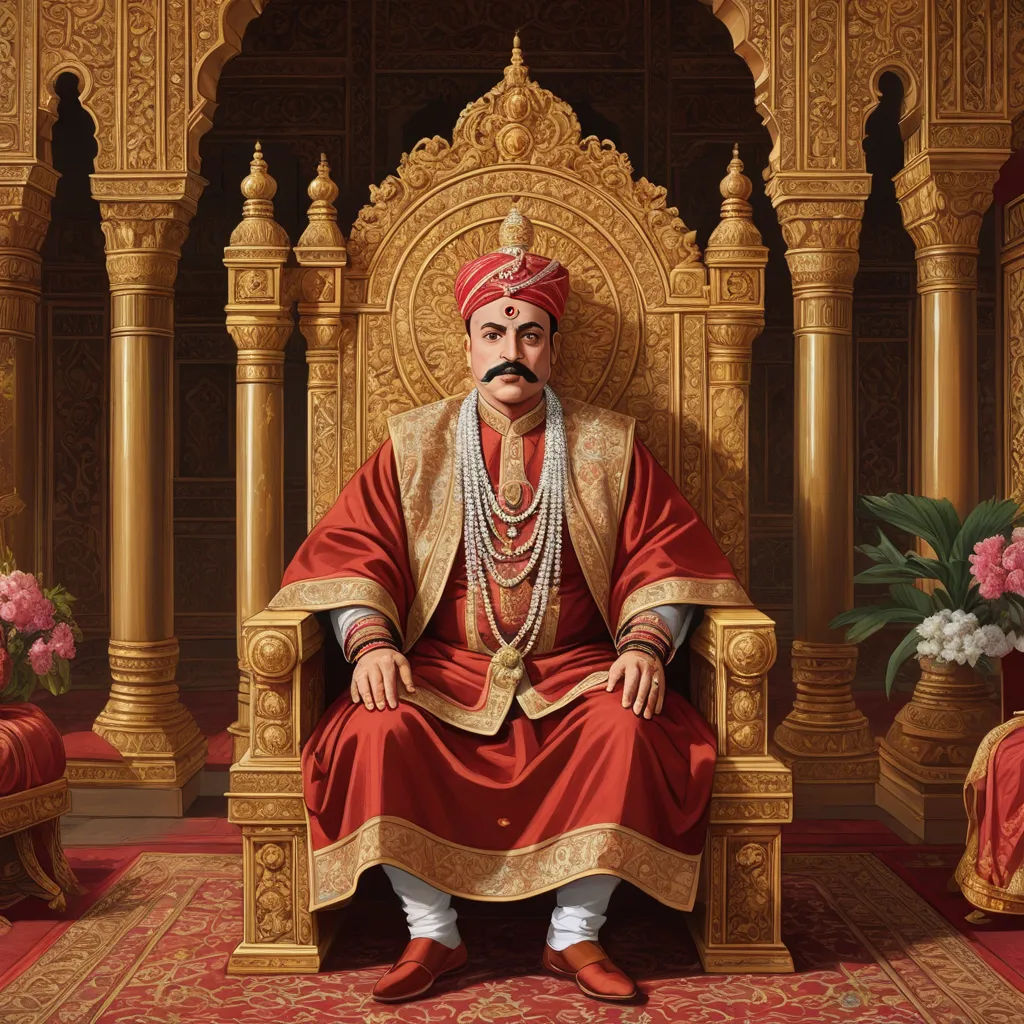
The Test of Wisdom was not just a test for the ministers but also a lesson for everyone in the kingdom. It emphasized the importance of wisdom, understanding, and unity in the face of challenges.
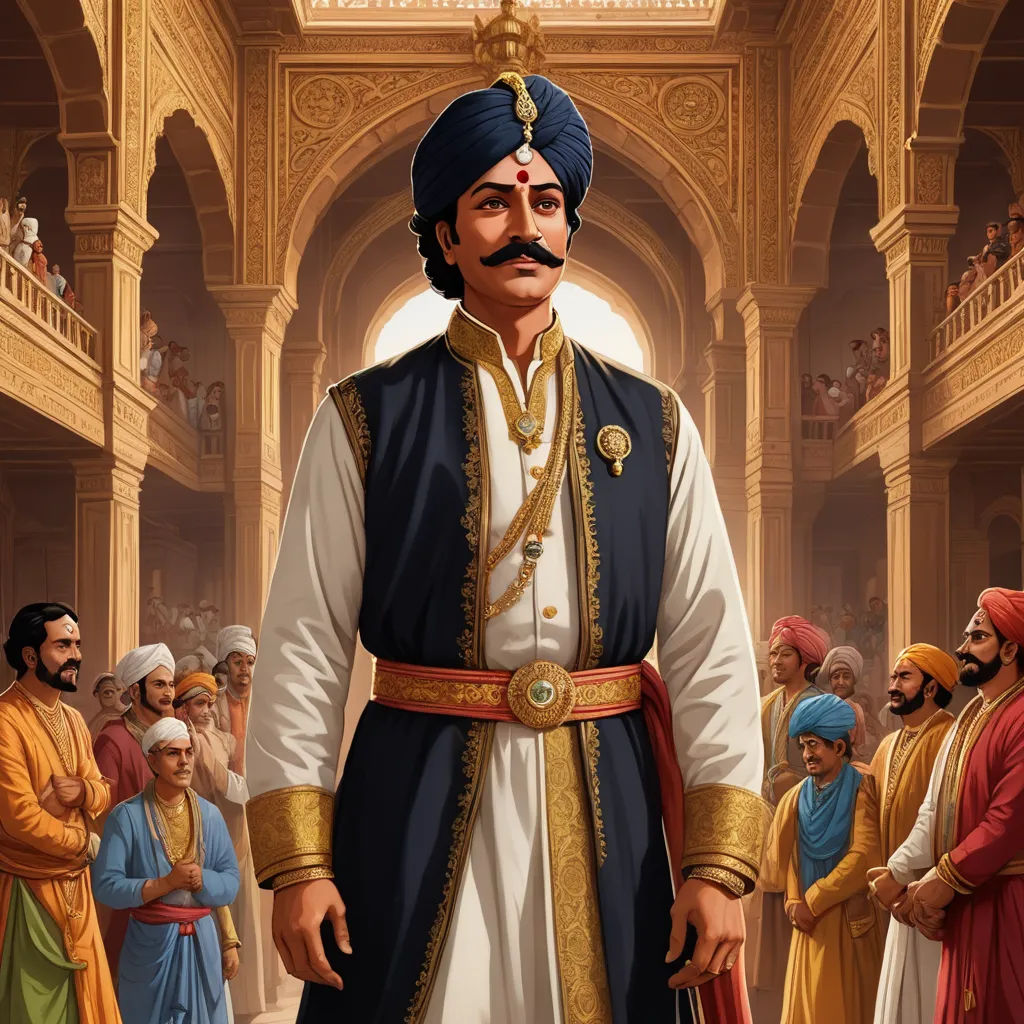
To this day, the tale echoes in the corridors of history, reminding us of the timeless wisdom of Birbal. It teaches us the importance of respect, understanding, and the right application of knowledge.
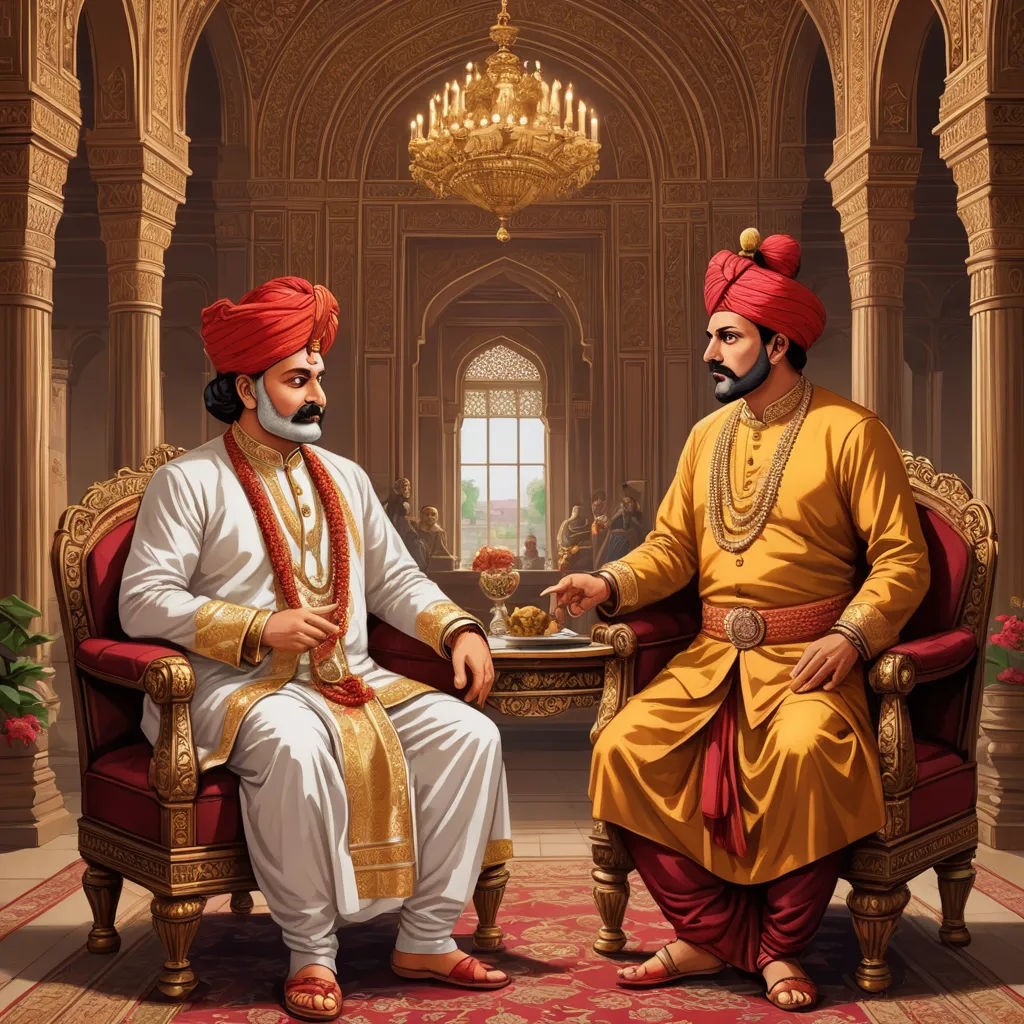
The tale of The Test of Wisdom continues to inspire us, reminding us that each person has their unique strengths. It teaches us to value and respect everyone for their abilities and contributions.